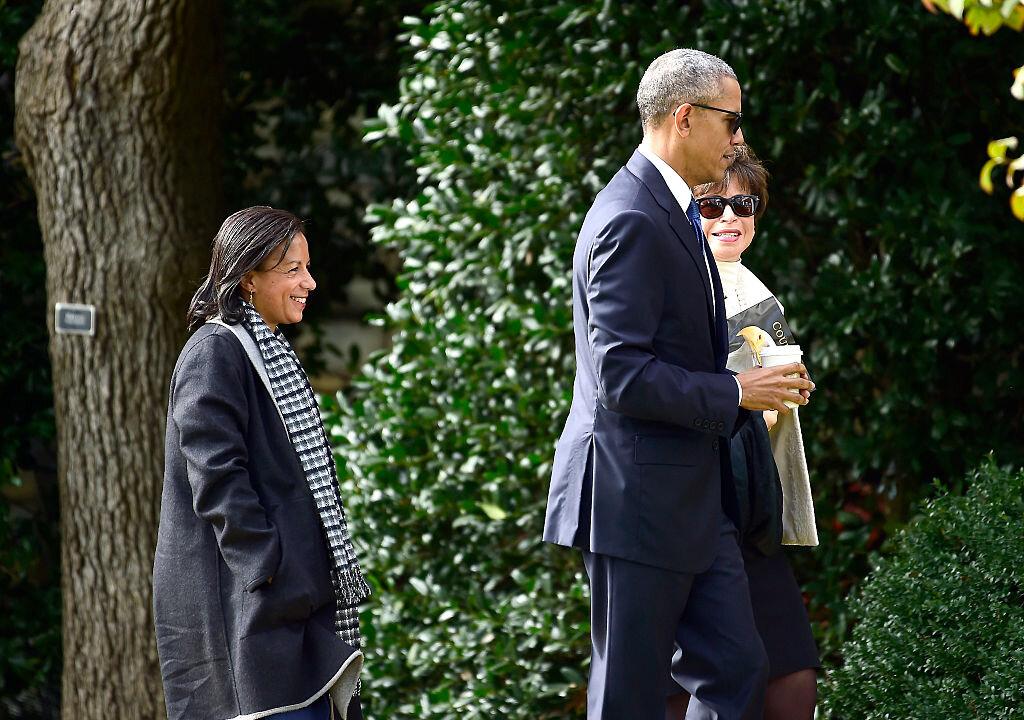Top administration officials involved in a key Jan. 5, 2017, discussion with outgoing President Barack Obama about incoming national security adviser Michael Flynn provided contrasting accounts of what transpired, according to recently declassified records.
By all accounts, Obama and top officials discussed phone calls between Flynn and then-Russian Ambassador Sergey Kislyak during a White House meeting in the final days of the Obama administration. But the details about the conversation—including who brought up Flynn and when—differ from account to account, suggesting there is more to learn about what transpired at the Oval Office.





